2019: Digital Human Helps Hearts
From 2019.
Article by Johanna Cano “Digital Human Helps Hearts” published in WilmingtonBiz 15 November 2019.
Here is a PDF of the article.
This year’s Cucalorus Connect Conference brings in speakers from Wilmington and all over the world to discuss how innovative technology can address economic, personal, health and societal issues.
Two topics at the conference, from Nov. 14-15 at the Brooklyn Arts Center, include how two Wilmington organizations are using artificial intelligence and the latest software.
On Nov. 14, Wilmington residents got to meet and learn about Hanna, a digital human cardiac coach.
Hanna is the work of Marie Johnson, managing director at Centre for Digital Business in Australia, and Chris Hillier, New Hanover Regional Medical Center executive director of innovation and a team at NHRMC.
The digital human’s name, “Hanna,” is a take on “Hanover.”
Johnson, who led a session Thursday on “Digital Humans in Healthcare,” said the idea to develop Hanna came from her and her husband’s struggle to understand medication and instruction after his four heart surgeries.
“Even with all our skills and experience, we struggled with all the complex health information and not being able to understand it and with nobody to talk to when really needed it,” Johnson said. “We came up with the idea of having a digital human to talk to over and over again whenever you needed cardiac health information.”
Having already worked on another digital human, Nadia, who helps those with disabilities, Johnson thought she could apply the same artificial intelligence technology to help cardiac patients.
The service that Hanna can provide is only conversational. She is unable to diagnose or treat patients, but rather, is designed to answer questions that patients might have during recovery and take some burden off health care professionals, Johnson said.
“People are able to talk with it just using what we call lounge-room language, ordinary everyday language,” Johnson said. “The conversation design of Hanna is meant to be very natural, using everyday words.”
To speak with Hanna, patients would need a laptop or iPad.
Hanna has been in the works since January and is still in the early stages of development.
“The idea of a launch with these types of human-like systems is a little different because these systems continue to learn. So, it’s not like we’re going to have all these conversations already lined up,” Johnson said. “Hanna will be progressively and continually developed.”
Presenting Hanna to an audience at Cucalorus allows her to raise awareness of work that Hillier and NHRMC are part of.
“What we see is AI actually enabling people when they’re either traumatized or disadvantaged. It helps people in overcoming barriers in order to be able to access services, and to independently make decisions about things,” Johnson said.

